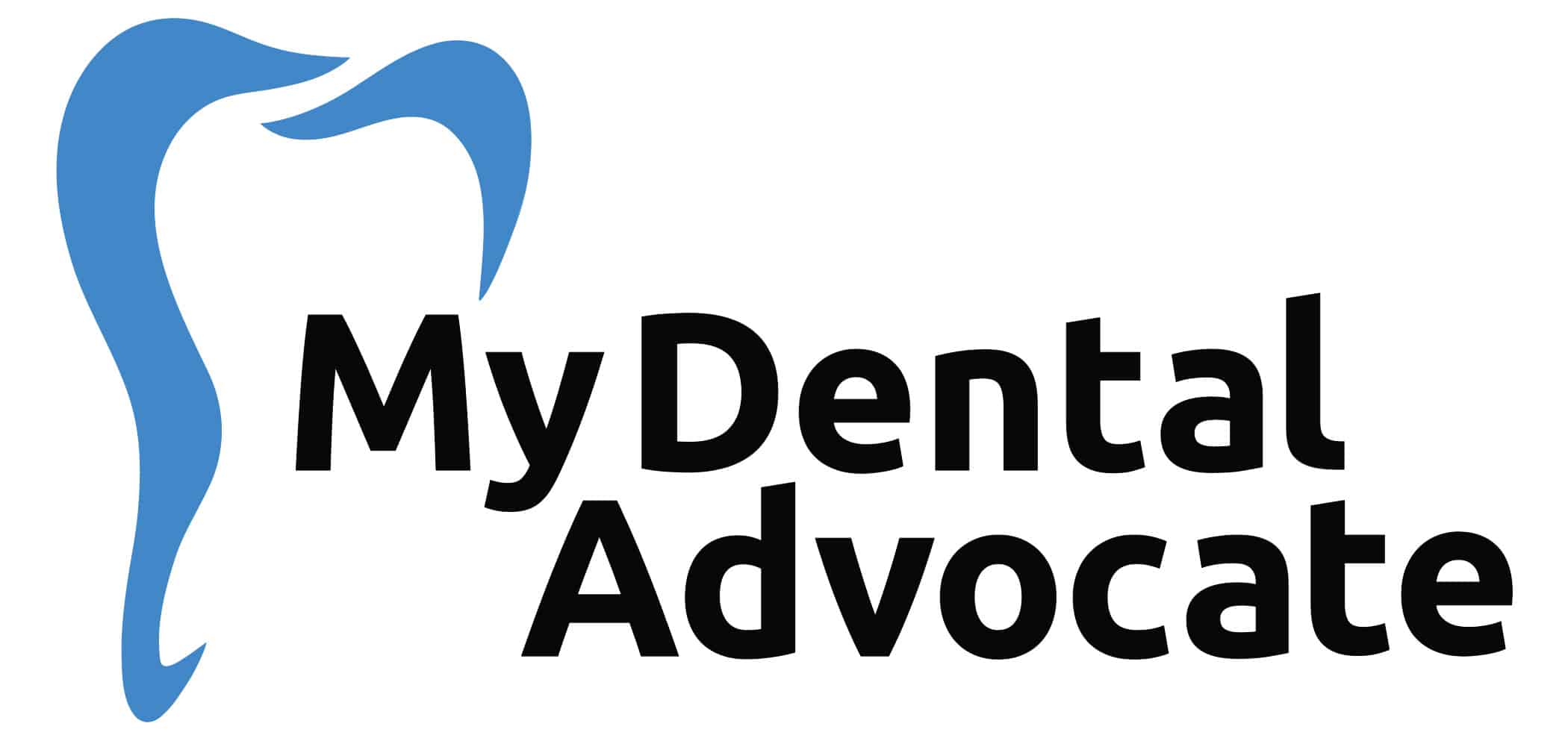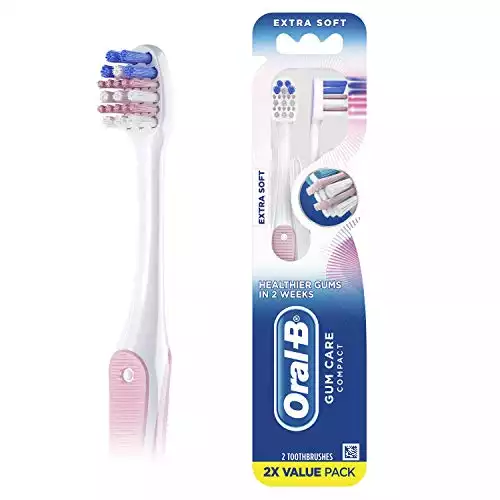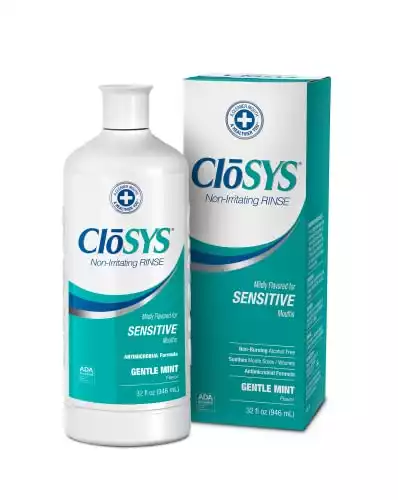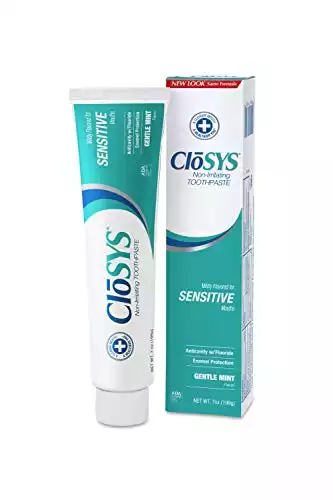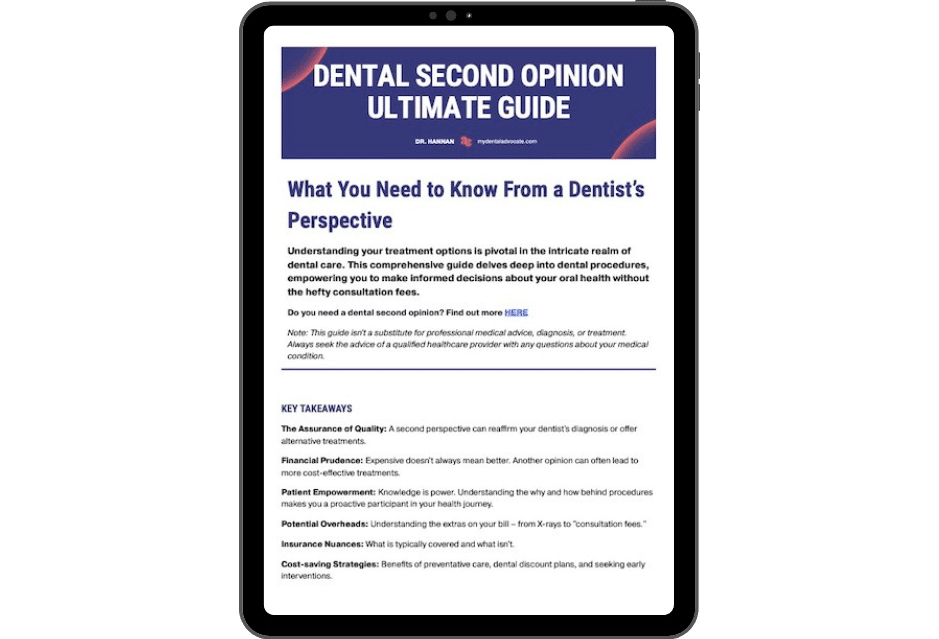17 Foods to Avoid After Dental Implants (17 Foods to Eat)
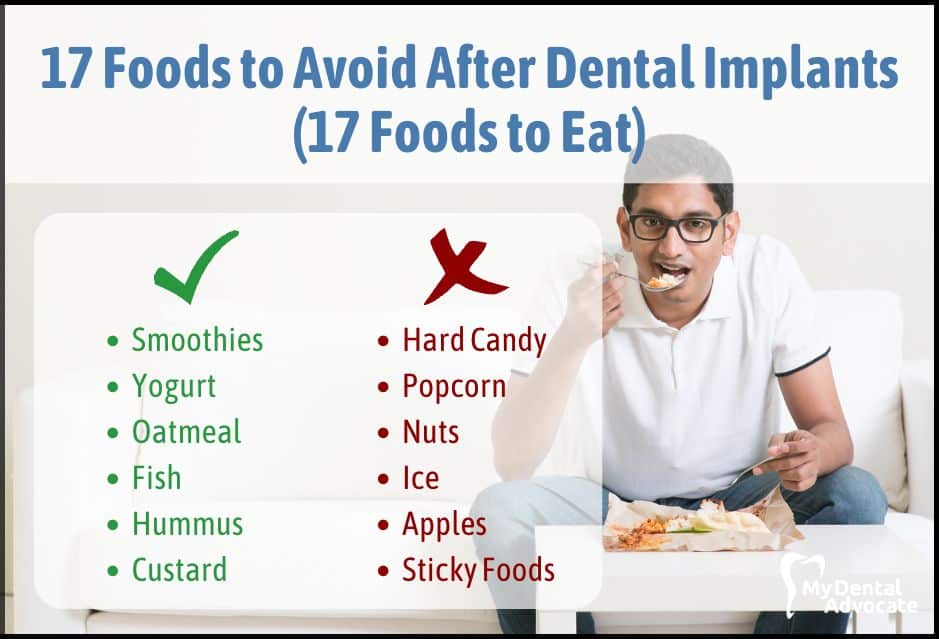
If you’ve recently undergone dental implant surgery, you are likely excited to return to your everyday eating habits.
However, it’s essential to be mindful of the foods you consume in the weeks following your procedure.
Certain foods can cause damage to your implants and slow the healing process.
Recommended Reading: Dental Implants | The Ultimate GuideNeed Dental Advice? Ask Dr. Hannan!
Why Avoid Certain Foods After Dental Implants?
After dental implants, properly caring for your mouth is vital to ensure successful healing and implant integration.
One of the most important things to keep in mind is the type of food you eat. Certain foods can cause damage to your implant site, delay the healing process, and even cause implant failure.
In addition, Avoid hard, crunchy, and sticky foods that can potentially damage your dental implants.
Additionally, acidic and spicy foods can irritate the gums and cause discomfort around the implant site.
Recommended Reading: How Long Before Dental Implants Feel Normal? (Comprehensive Guide)Common Reasons
- Damage to the implant site: Hard and crunchy foods can cause damage to the implant site and delay the healing process. These foods can also cause the implant to become loose or even fail.
- Discomfort and irritation: Spicy and acidic foods can irritate the gums and cause pain around the implant site. This can lead to inflammation and delay the healing process.
- Infection: Sticky and chewy foods can get stuck in the implant site and cause infection. This can lead to implant failure and other oral health problems.
Follow your dentist’s instructions and eat a soft, nutritious diet to promote healing and good oral health.
17 Foods to Avoid After Dental Implants
As a dentist, I recommend avoiding certain foods after dental implant surgery to ensure proper healing and prevent complications.
But, remember, following the dentist’s individualized recommendations is always a good idea, as each patient’s circumstances may differ.
Foods to Avoid
- Hard candy: Can potentially crack or dislodge the implant.
- Popcorn: Small kernels can get trapped around the implant, causing irritation or infection.
- Nuts: Their hardness can put too much pressure on the implant.
- Ice: Chewing on ice can damage the implant and slow down healing.
- Raw vegetables: Crunchy vegetables like carrots and celery can apply undue pressure on the implant.
- Apples: Biting into an apple can displace the implant, especially during healing.
- Sticky foods: Caramels, taffy, and other sticky treats can pull at the implant and cause discomfort.
- Crusty bread: Sourdough or baguettes can be too hard for the implant area during recovery.
- Chips: Their sharp edges can irritate or damage the implant site.
- Steak: Tough meats can be difficult to chew and may strain the implant.
- Fried foods: These can cause discomfort and are not ideal for healing.
- Alcohol: It can hinder the healing process and may interact with medications.
- Hot beverages: Hot coffee, tea, or cocoa can cause discomfort and prolong recovery.
- Spicy foods: They can irritate the implant site and slow down healing.
- Acidic foods: Citrus fruits, tomatoes, and vinegar-based dishes can increase sensitivity and irritation.
- Seeds: Small seeds from fruits like raspberries or strawberries can get trapped around the implant, leading to infection.
- Raw sushi: The pressure from biting into raw fish or rolls can negatively impact the implant during healing.
17 Foods to Eat After Dental Implant Surgery
Following dental implant surgery, consuming foods that promote healing and prevent irritation or damage to the implant site is essential.
Here are some nutritious and easy-to-eat options to consider during your recovery period.
Foods to Eat
- Smoothies: Packed with fruits, vegetables, and proteins, smoothies are gentle on the implant area and provide essential nutrients.
- Pureed soups: Warm (not hot) soups made from vegetables or legumes are easy to consume and nutrient-rich.
- Scrambled eggs: Soft and easy to chew, eggs are a good source of protein that won’t strain the implant site.
- Cottage cheese: Rich in protein and calcium, cottage cheese is a soft food option that supports bone health.
- Applesauce: A great source of fiber, applesauce is gentle on the implant site and easy to eat.
- Mashed potatoes: Soft and nutritious, mashed potatoes can be fortified with gravy or cheese for extra flavor and calories.
- Yogurt: A good source of calcium and probiotics, yogurt is gentle on the gums and beneficial for oral health.
- Oatmeal: Warm, soft, and packed with fiber, oatmeal is easy to eat and promotes healing.
- Pudding or custard: Soft and smooth in texture, these desserts can help satisfy cravings without harming the implant site.
- Soft pasta: Cooked until tender, pasta can be eaten with delicate sauces like Alfredo or marinara.
- Fish: Steamed, baked, or poached fish is tender, easy to chew, and rich in omega-3 fatty acids, which support healing.
- Meatloaf: Ground meats are easier to chew and can be seasoned and prepared to be moist and tender.
- Ice cream or sorbet: Cold treats can temporarily relieve discomfort and help soothe the implant area.
- Hummus: A smooth, protein-packed spread made from chickpeas that can be eaten with soft pita bread or crackers.
- Bananas: Ripe bananas are soft, easy to chew, and provide essential nutrients like potassium.
- Macaroni and cheese: Cooked until soft, this comfort food is gentle on the implant site and provides a source of carbohydrates and protein.
- Steamed or boiled vegetables: Soft-cooked vegetables like zucchini, squash, or carrots are easy to chew and rich in vitamins and minerals.
Dentist-Recommended Products
I recommend using these products to help you heal and recover faster after dental implant surgery.
The All Sett Health hands-free Hot and Cold compress is a perfect fit for everyone.
Made of gentle and lightweight wrap microfiber material, it comes with four reusable hot/cold gel packs that can be used whenever pain strikes. The built-in pockets allow you to snuggle two gel packs with two extra soft gel packs and hold them next to your face for additional security, relieving facial pain caused by toothaches or cosmetic surgery.
The Oral B Gum Care Extra-Soft Compact Head Toothbrush improves your gum health with ultra-soft bristles, which gently clean along the gumline and multilevel bristles clean deep between teeth. It has a compact head for superior reach to your back teeth.
The ultra-soft bristles are five times more gentle than a regular soft toothbrush and are perfect for those with sensitive teeth and gums.
In 1980, Dr. Perry Ratcliff founded Closys to replace ineffective and irritating oral rinses.
He formulated an extremely effective yet gentle oral rinse that a small group of dentists praised. Closys Oral Care was born and continues to create high-quality, comfortable oral rinses.
Their products are made in the USA and are free from alcohol, sulfates, and triclosan.
CloSYS Sensitive Toothpaste in Gentle Mint flavor promotes mouth health by fighting plaque buildup, restoring enamel, preventing cavities, and eliminating bad breath bacteria.
Formulated with fluoride, it strengthens, and restores weakened enamel for better protection against cavities and tooth sensitivity. CloSYS toothpaste products are SLS-free, triclosan-free, sulfate-free, and gluten-free, making them gentle and safe to use.
The pH-balanced formula is naturally activated to neutralize plaque bacteria and maintain a non-acidic environment in the mouth, providing long-lasting freshness and a healthy white smile without damaging or removing enamel.
Frequently Asked Questions (FAQ)
What foods should be avoided after dental implant surgery?
It is suggested to avoid hard candy, popcorn, nuts, ice, raw vegetables, apples, sticky foods, crusty bread, chips, steak, fried foods, alcohol, hot beverages, spicy foods, acidic foods, seeds, and raw sushi after dental implant surgery.
What are some easy-to-eat foods that can be consumed after dental implant surgery?
Following dental implant surgery, consuming foods that promote healing and prevent irritation or damage to the implant site is essential. Some of the easy-to-eat foods are smoothies, pureed soups, scrambled eggs, cottage cheese, applesauce, mashed potatoes, yogurt, oatmeal, pudding or custard, mashed avocado, creamed spinach, soft pasta, fish, meatloaf, cooked cereals, ice cream or sorbet, hummus, tofu, polenta, bananas, macaroni and cheese, steamed or boiled vegetables, and soft fruits.
Can certain foods negatively impact dental implant success?
Yes, certain foods can negatively impact dental implant success. Hard, crunchy, and sticky foods can cause damage to the implant site and delay the healing process. Spicy and acidic foods can irritate the gums and cause pain around the implant site, leading to inflammation and delay in healing. Consuming excessive amounts of alcohol and hot beverages can also hinder the healing process.
My Experience & Expertise
Dental implants are an excellent solution for missing teeth but require special care and attention after surgery.
As a dentist with years of experience, it is crucial to avoid certain foods that can cause damage to your implants or slow down the healing process. Hard, sticky, and chewy foods should be avoided, as well as acidic and hot foods and beverages.
Instead, it is recommended to stick to soft and easy-to-chew foods and maintain a healthy and balanced diet to promote healing and overall oral health.
In addition, patients should follow their dentist’s specific instructions and recommendations for post-operative care to ensure the success and longevity of their implants.
Need a second opinion? We can help! Learn more. Knowledge is power when cultivating healthy dental habits. The more informed you are, the better positioned you’ll be to prevent avoidable and potentially costly dental procedures for you and your family. Watch for future blog posts, where we’ll continue sharing important information, product reviews and practical advice!

About the Author
Dr. Matthew Hannan, also known as “Dr. Advocate,” is a board-certified dentist on a mission to provide accurate dental patient education. He attended Baylor University before completing dental school at UT Health San Antonio School of Dentistry. He now lives in Arizona with his beautiful wife and 4 kids. Dr. Hannan believes everyone should access easy-to-read dental resources with relevant, up-to-date dental research and insight to improve their oral health.

Connect with Dr. Hannan!
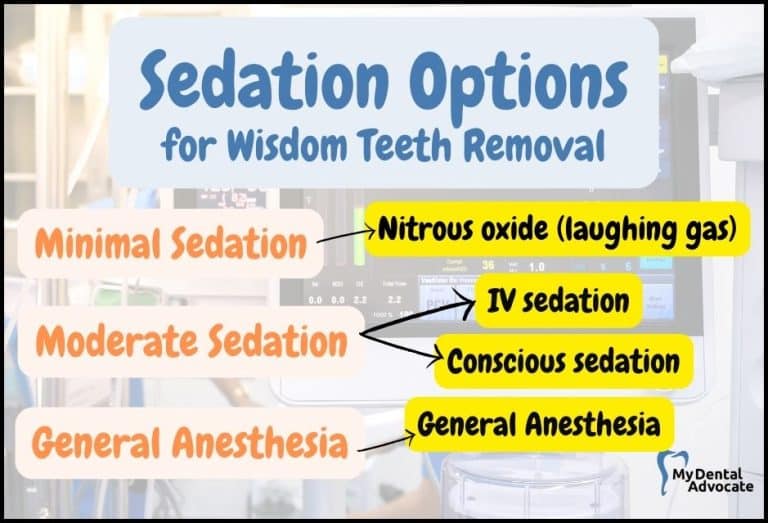
Sedation Options for Wisdom Teeth Removal (Expert Advice)
Wisdom teeth removal can be intimidating, especially if you’ve never been sedated. With many anesthesia options available, how do you know what method is best? Understanding the differences between each option…
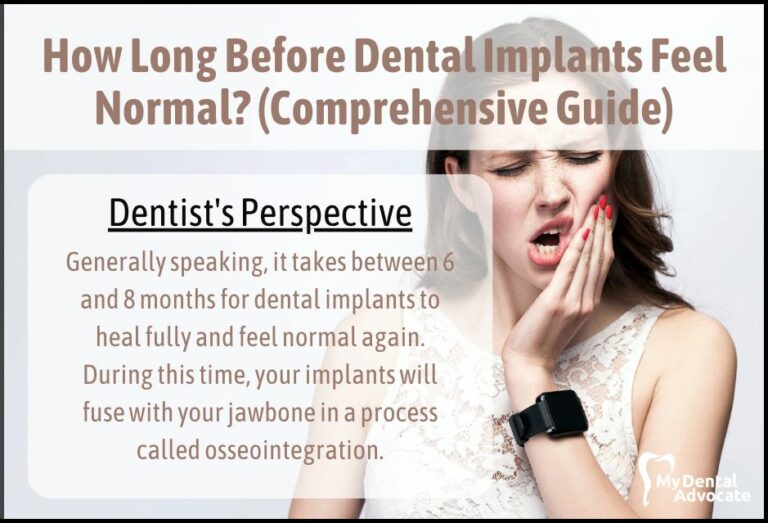
How Long Before Dental Implants Feel Normal? (Comprehensive Guide)
If you are considering dental implants, you may wonder how long it will take them to feel normal. After all, getting dental implants is a big decision, and you want to know what to expect during recovery. The answer to this question…
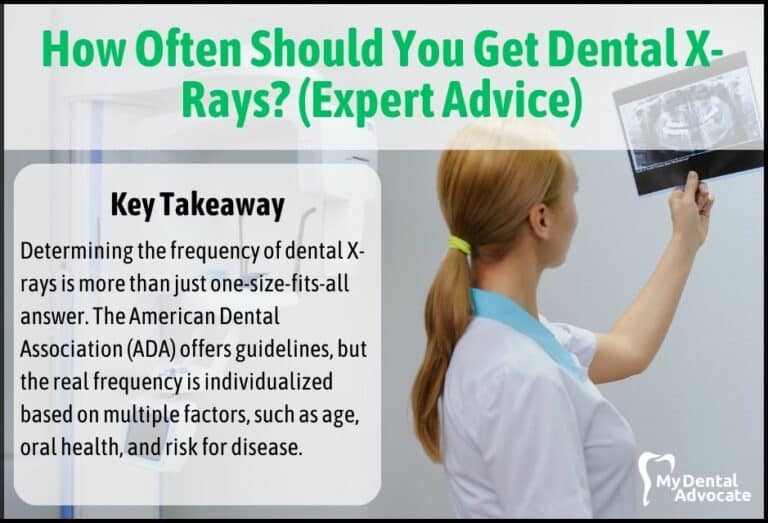
How Often Should You Get Dental X-Rays? (Expert Advice)
Ever sat in the dental chair wondering if you really need that X-ray your dentist suggests? X-rays are vital for detecting hidden dental issues, but how often should you get them?
Gain Clarity with Our FREE Second Opinion Guide
Receive clear, expert second opinions online within 48 hours. Start today!
Product Reviews
Our 250+ dental product reviews (and counting), curated by an experienced dentist, are the most comprehensive online.
Toothbrush Genie
State-of-the-art chatbot designed to help you discover your perfect toothbrush in just a few simple steps!
Cavity Risk Assessment
Cutting-edge digital tool designed to evaluate your individual cavity risk based on your responses to a series of questions.
Gum Disease Assessment
Discover your gum disease risk with our quick and engaging 6-question assessment!
